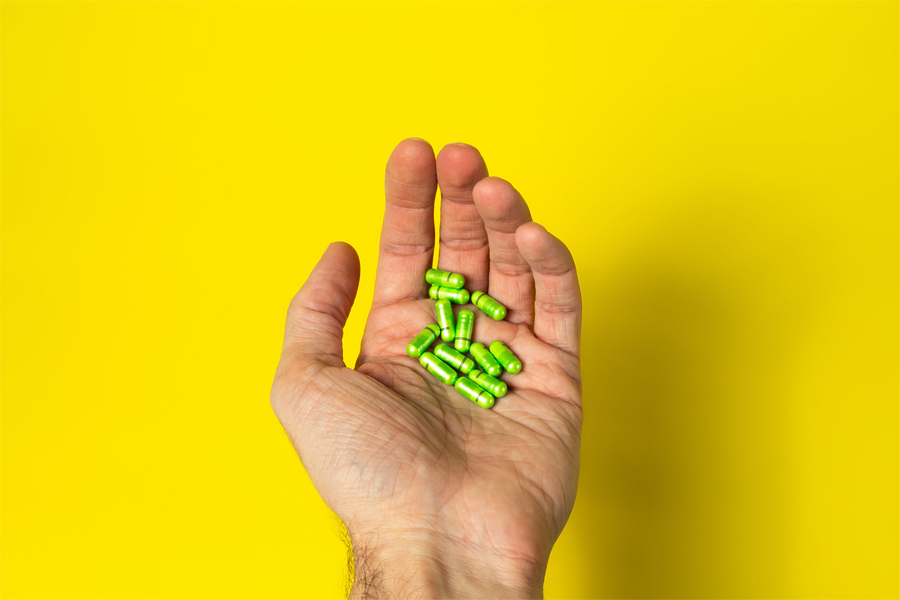
According to the Food and Drug Administration (FDA), nearly 9 out of 10 prescriptions filled in the United States are generic drugs. This means that you have probably consumed a generic drug if you have ever had your prescription filled at your local pharmacy. Although the numbers are pretty high, many people are still confused about generic drugs.
A generic drug contains the same active ingredients a brand-name drug has. This means that it also carries the same therapeutic effects. In other words, it is safe for you to take a generic drug as an equal substitute for the brand-name drug counterpart.
6 Frequently Asked Questions
The following are frequently asked questions concerning generic drugs that can help you learn more about them:
What is the difference between a generic drug and a brand-name drug?
As mentioned earlier, generic and brand-name drugs both have the same active ingredients. Some differences between the two are allowed by the FDA. These differences are usually seen in the color, shape, packaging, flavoring, labeling, and preservative.
In the US, when a pharmaceutical company develops a new prescription drug first and introduces it to the market, FDA will allow the company to be the exclusive producer and seller of the said drug for a set period. Doing so will give the company an excellent opportunity to recoup the finances spent developing and marketing the new drug without any competition.
The expiration of the set period usually takes 20 years after the company’s drug is first filed in the FDA. When that happens, a generic drug can then be marketed. Other manufacturers are then free to file an abbreviated new drug application (ANDA) to the FDA to market a generic counterpart of the brand-name drug.
Are Generic Drugs Safe As Its Brand-name Counterparts?
The answer is yes. It is vital to know that the FDA approves all the generic drugs before they reach the market. The FDA requires that generic drugs be as high in quality and pure, strong, and stable as their brand-name counterpart.
Since generic drugs contain the same active ingredients as brand-name drugs, both types of drugs have the same benefits and risks.
Why Are Generic Drugs More Affordable?
As you may have noticed, generic drugs are cheaper than their brand-name counterparts. This is because the drug manufacturer does not need to duplicate the original clinical trials to prove safety and effectiveness (this lowers the cost of bringing the drug to the market). The less expensive cost does not have to do anything with the quality of the drug.
Are Generic Drugs Always Less Expensive?
Generic drugs are usually cheaper. However, when a generic drug is first produced and marketed with FDA approval, the cost may remain high for about six months. The FDA will give the drug manufacturer a 180-day exclusivity period. This exclusivity period is given to the drug manufacturer that first filed an ANDA and has made the valuable work to get the generic drug into the market.
The exclusivity period will allow the drug manufacturer to be the first generic drug on the market for six months. Exclusivity means no competition in the market. That is why most generic drug manufacturers tend to charge a high price during this set period. On the bright side, there are several ways you can do to save money on generics, check out vyvanse savings program to know more.
Should You Be Taking Generic Medication?
It is essential to know that not all medications have a generic equivalent. The best way to know if a generic counterpart is available for the brand-name prescription drug you are currently taking is to consult your doctor or pharmacist.
It will help to keep in mind that some health insurance providers will require you to choose a generic drug, if available. However, if you choose to buy a brand-name drug, you may end up paying for it yourself or have a larger copay.
Pharmacists are legally allowed to substitute a generic drug for a brand-name drug. If your doctor strictly requires you to take the brand-name drug instead of its generic equivalent, he will typically write “do not substitute” on your prescription.
Are Their Circumstances That Will Require You To Consider Before Choosing a Generic Drug?
NTI or narrow therapeutic index drugs may need some special consideration if you plan to use the generic counterpart. NTI drugs have a restricted margin between the amount considered safe and effective and the amount considered toxic.
Below are the generic drugs included:
- Digoxin (can treat certain heart conditions)
- Warfarin (a blood thinner)
- Theophylline (treats COPD, asthma, and other lung diseases)
It is essential to know that the FDA does not have any policy that restricts the use of NTI generics. However, some states have these laws. If generics are used in these states, precautions and additional monitoring are required.
To Sum It Up
Generic drugs and brand-name drugs have the same active ingredients. This means that it carries the same benefits and risks. However, it is best to remember that not all brand-name drugs have a generic counterpart. For you to know more about this, it will help to consult your doctor or a pharmacist near you.
Comments
comments